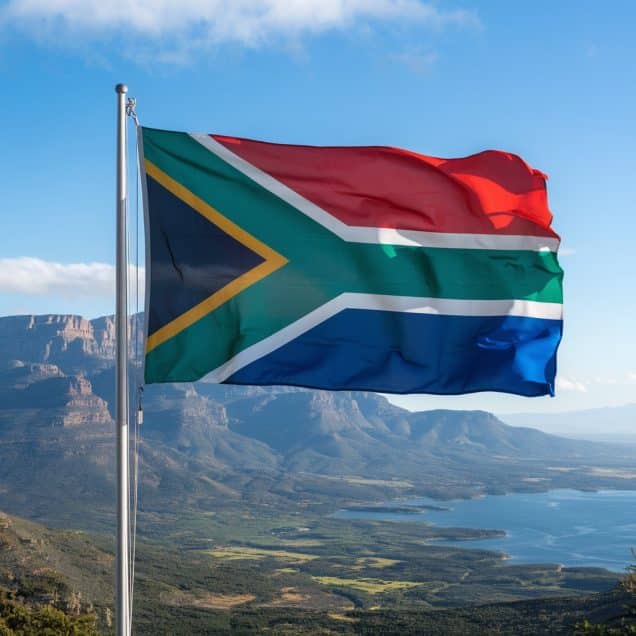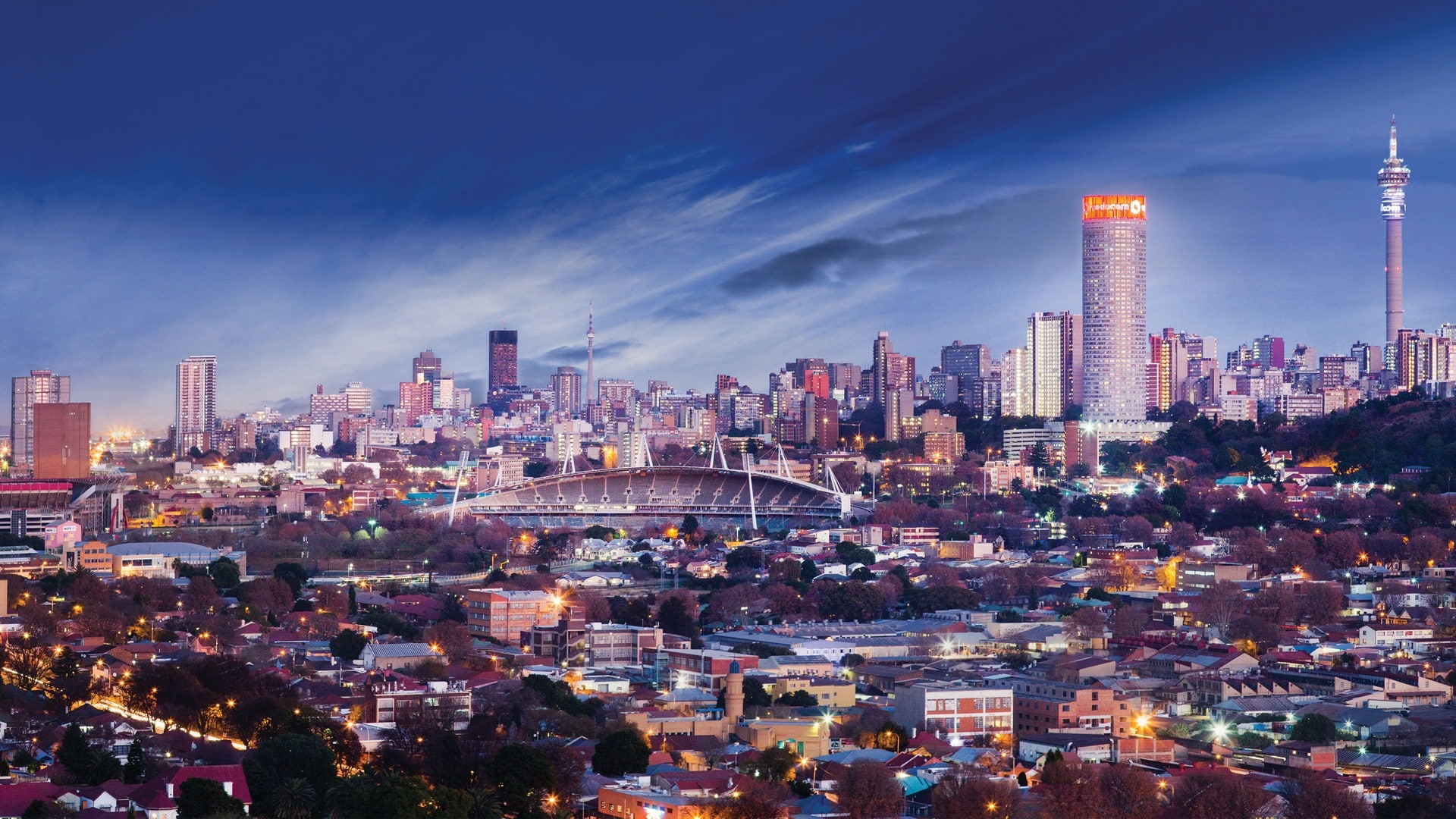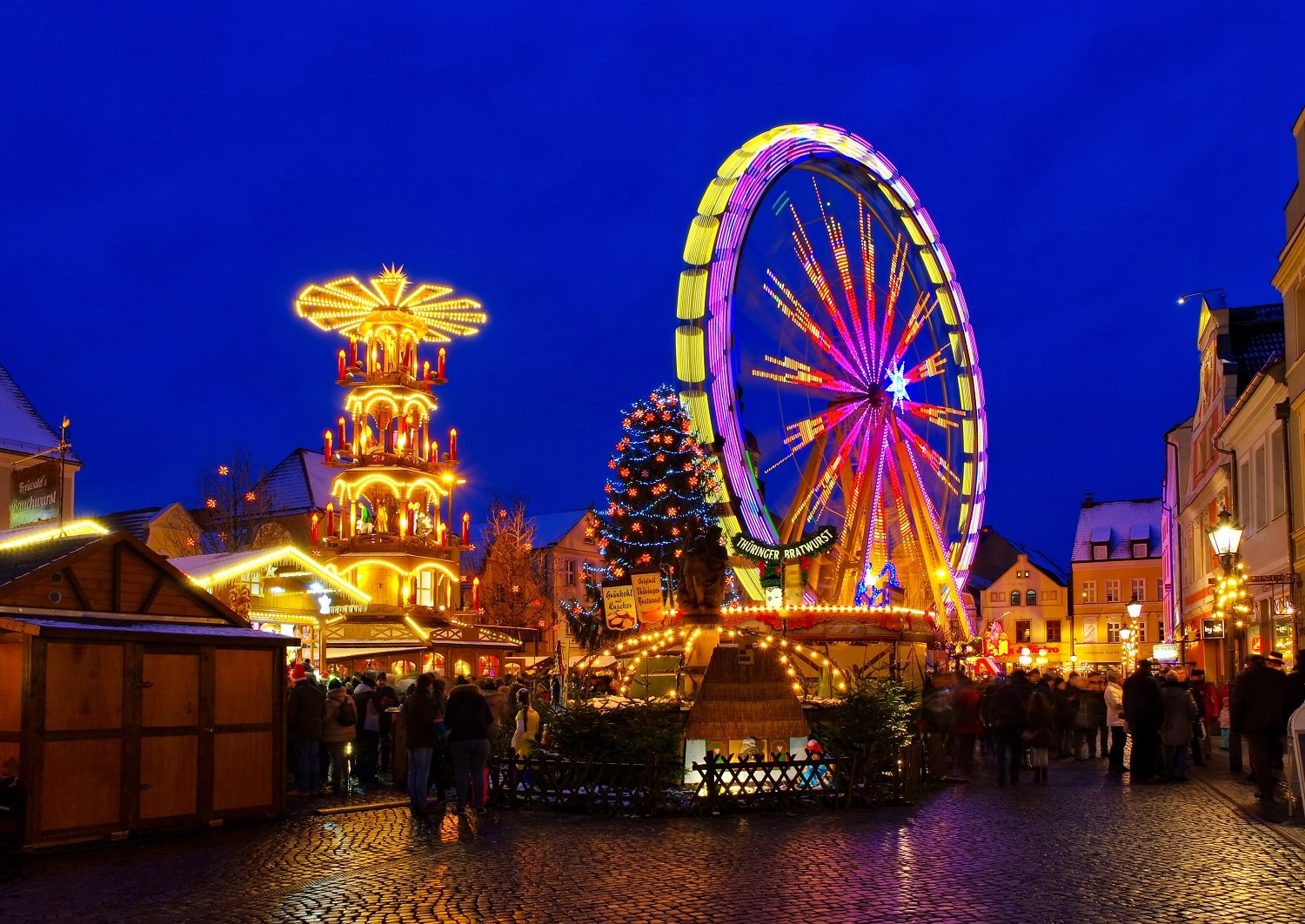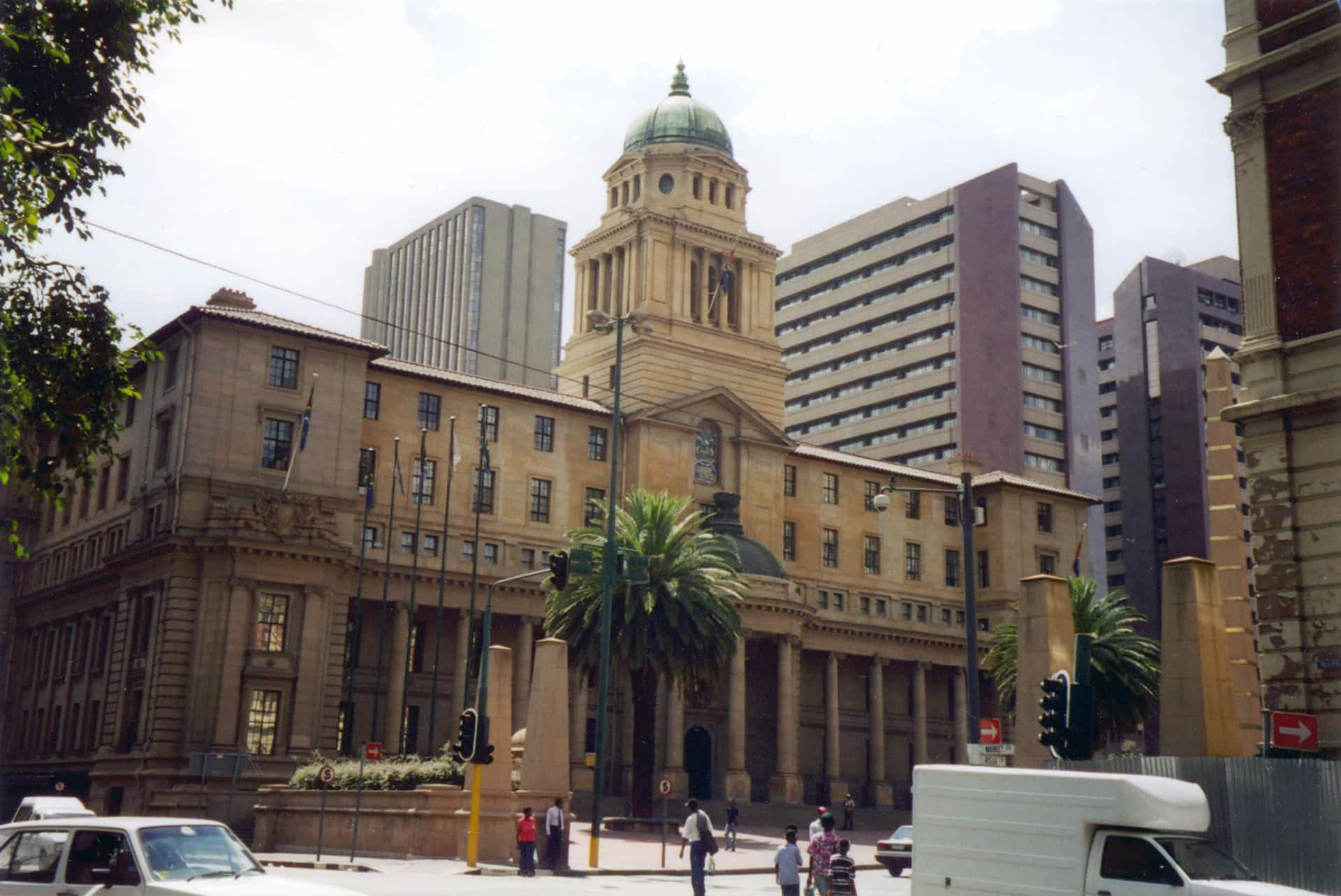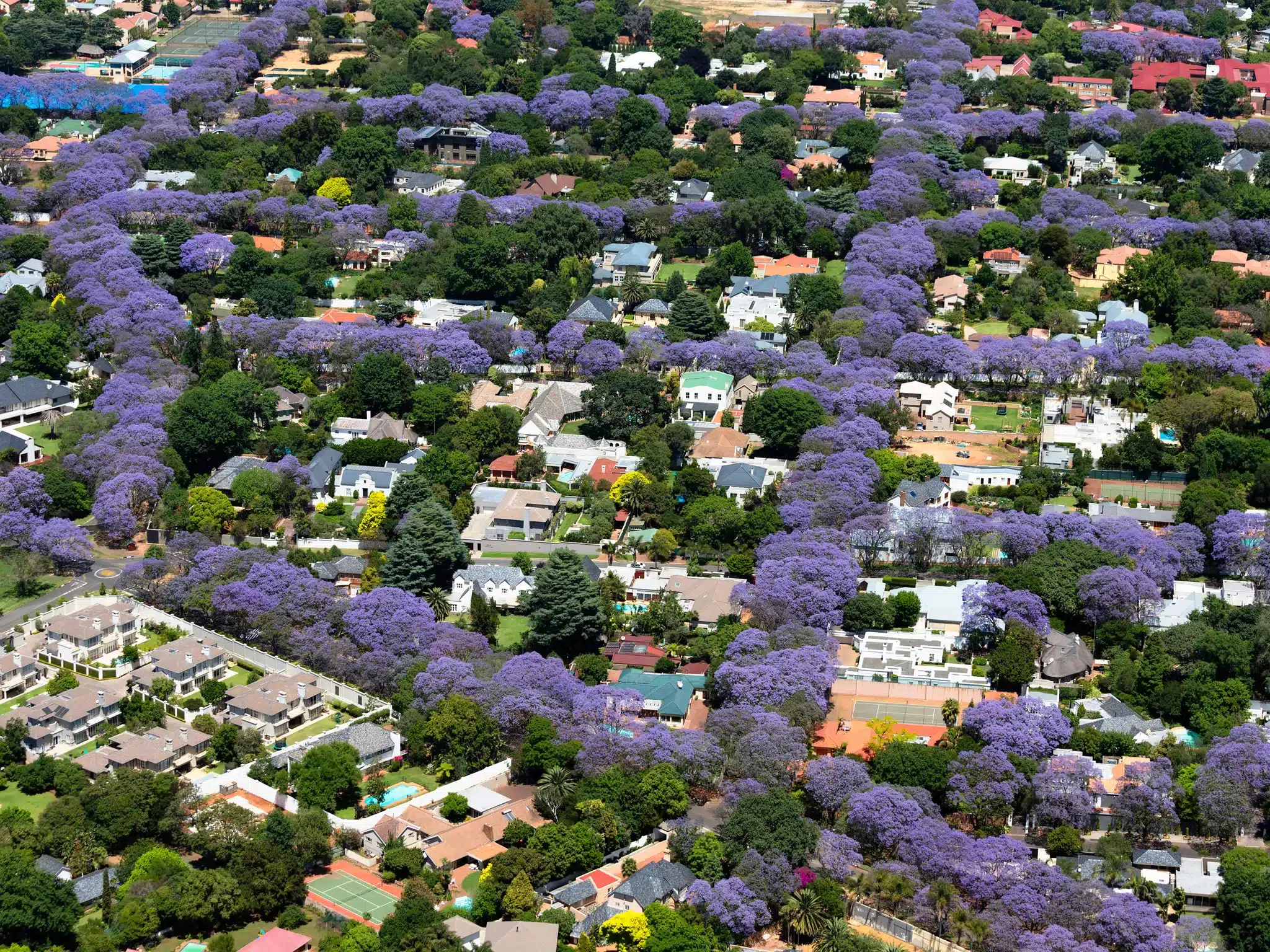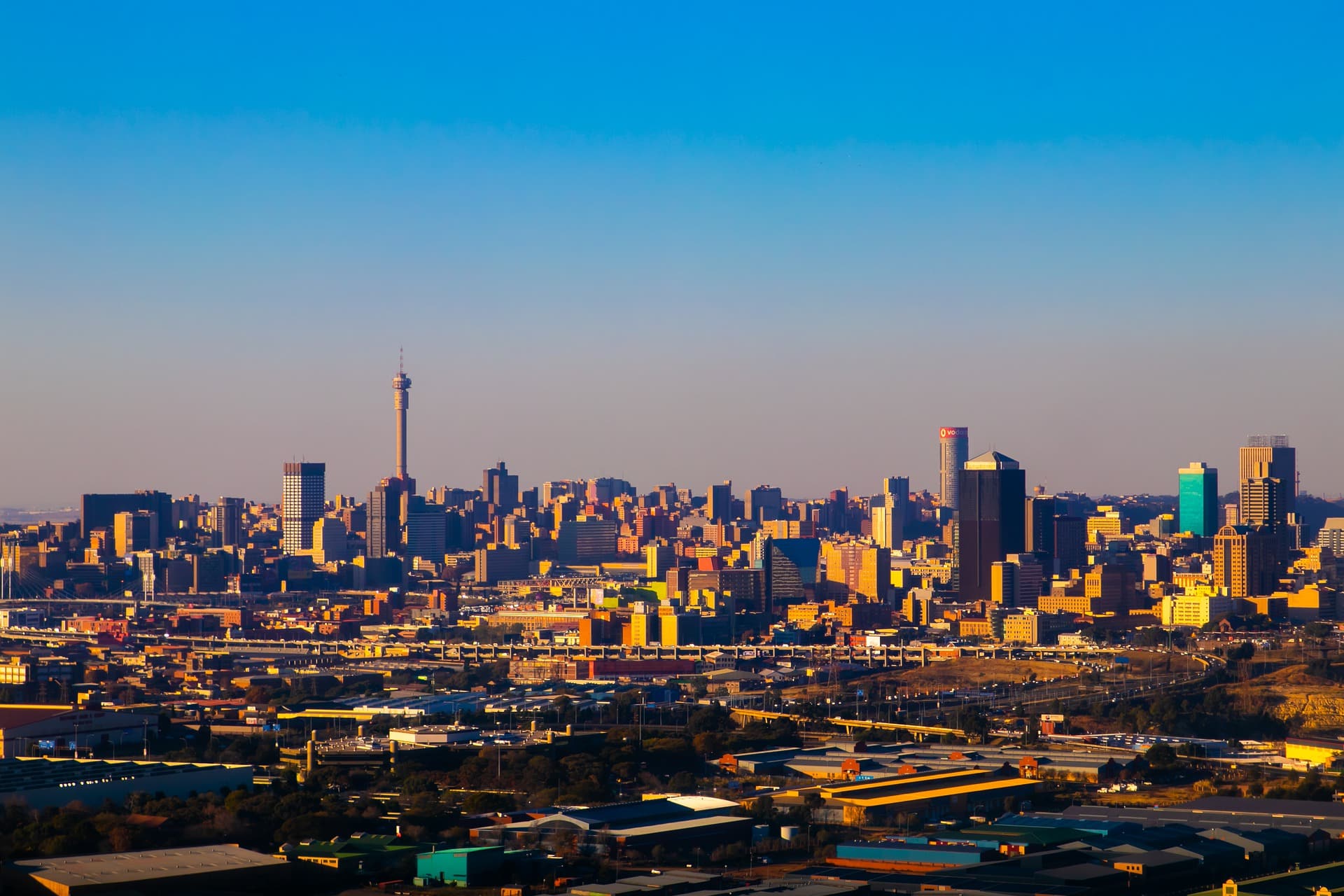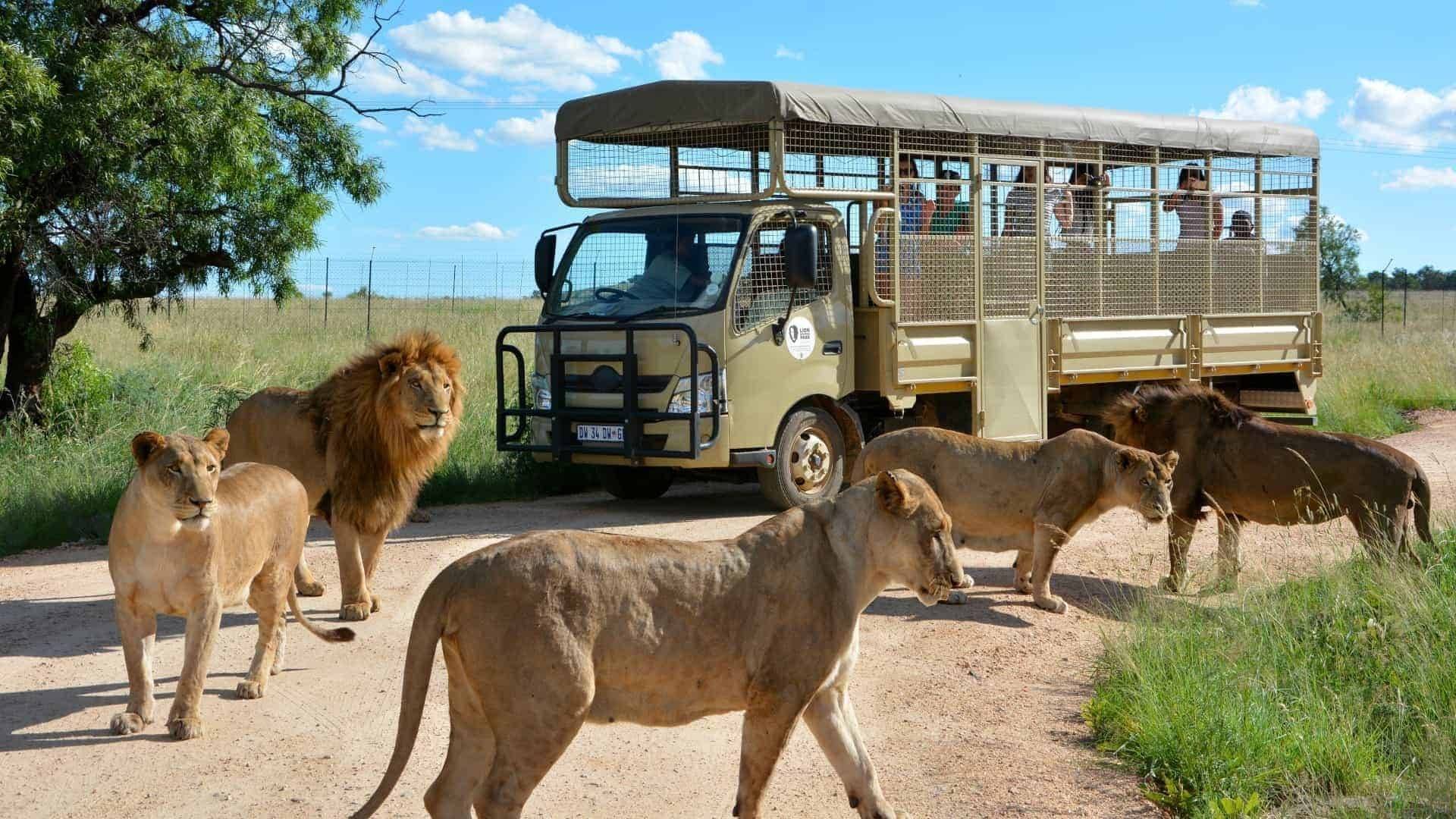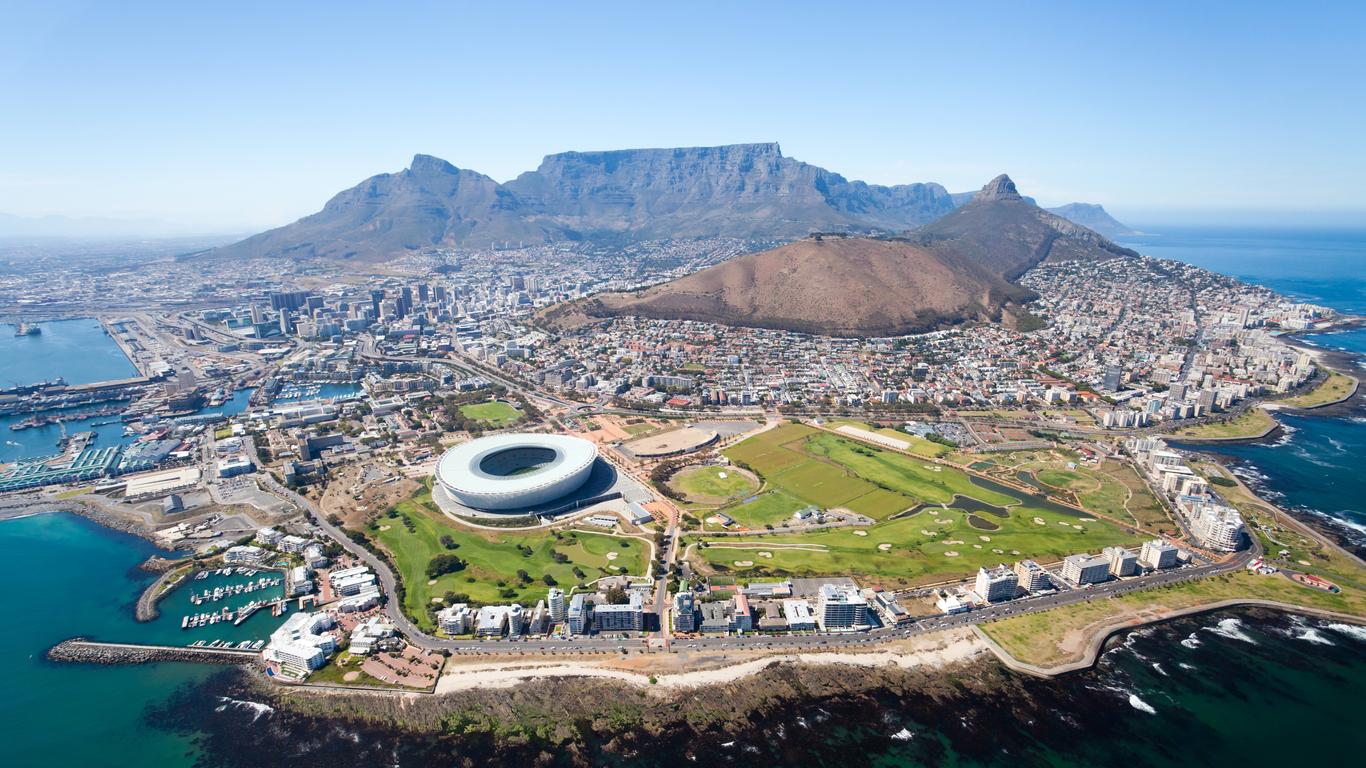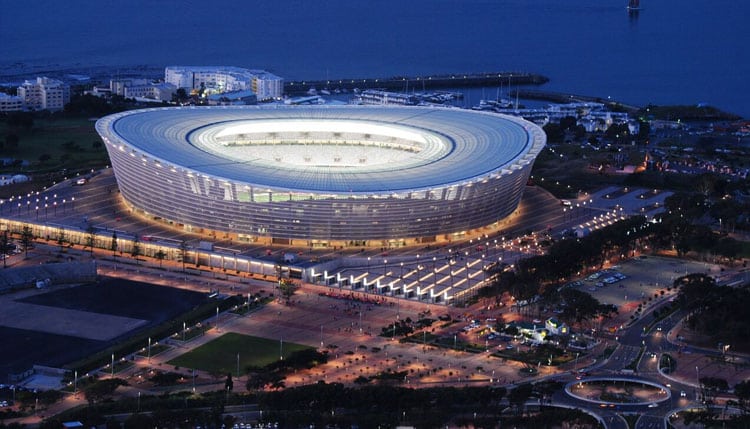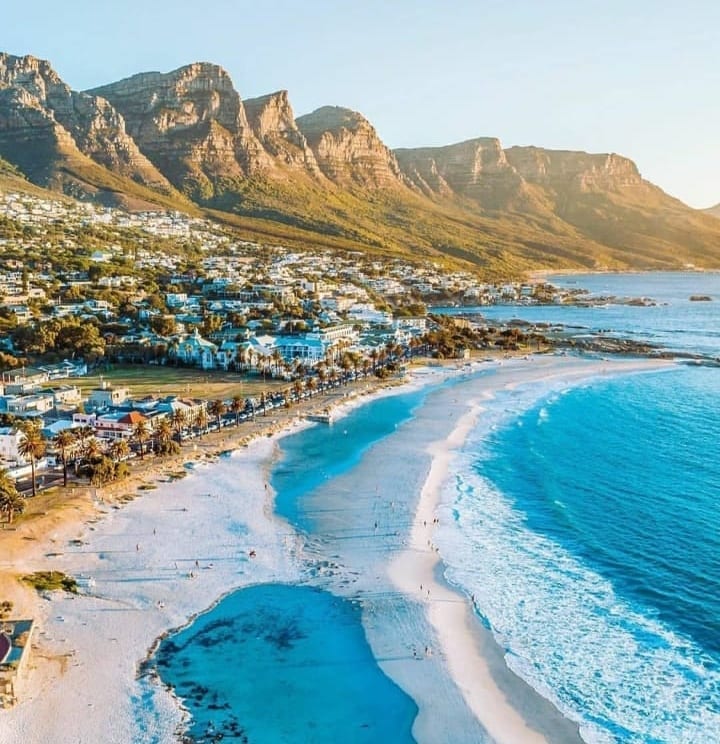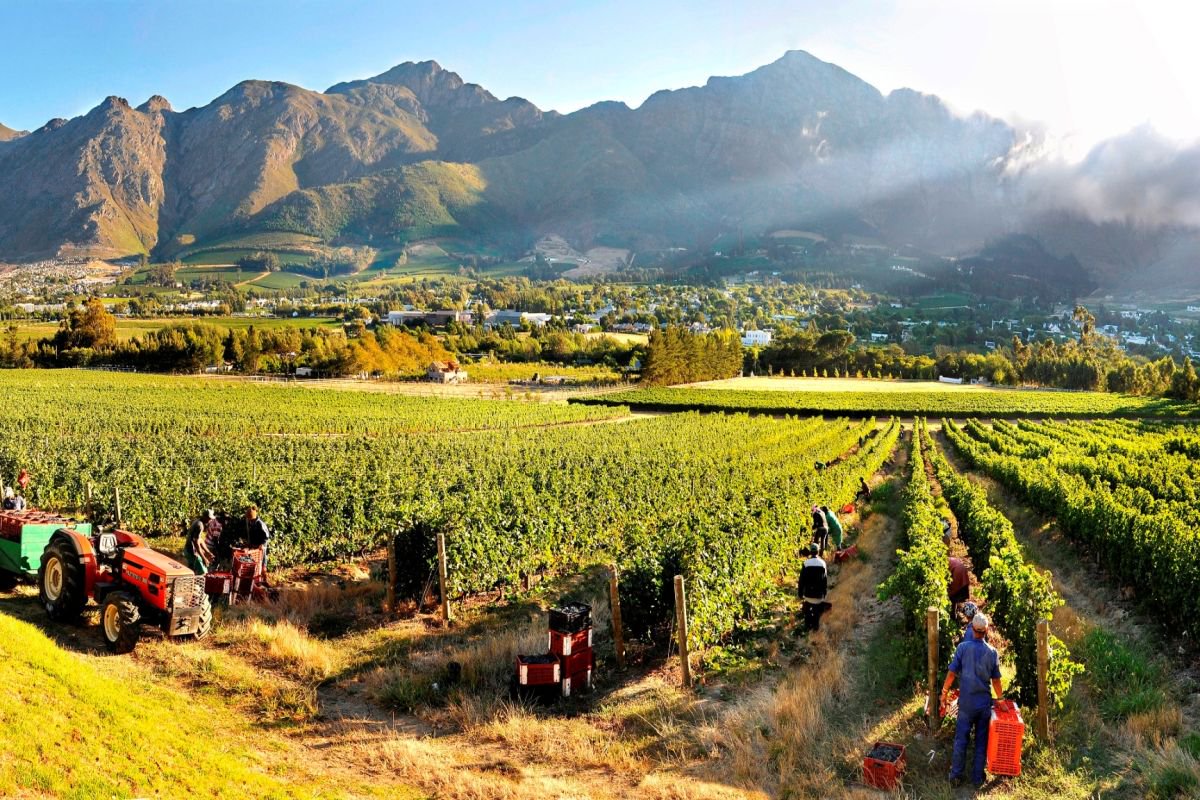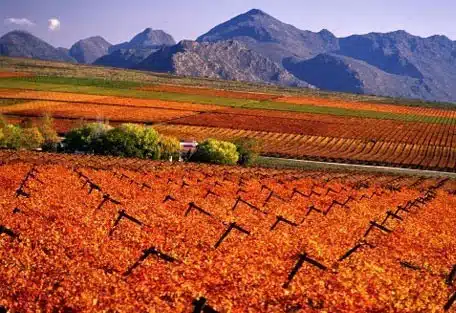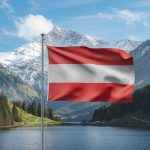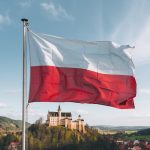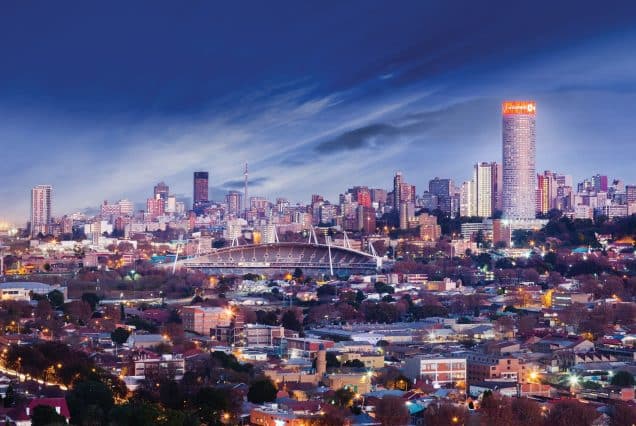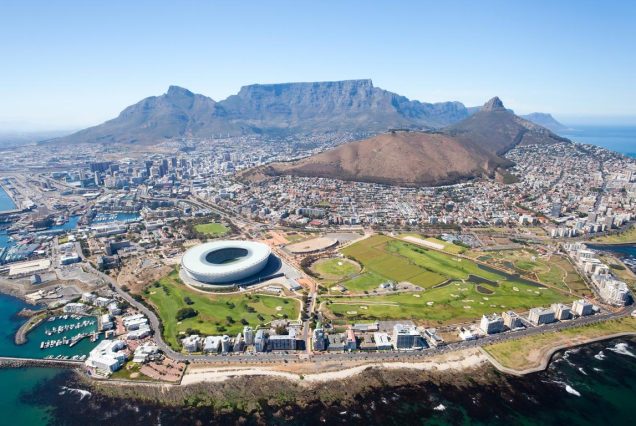

Discover Republic of South Africa
Sights
Map
Info
South Africa, often referred to as the “Rainbow Nation,” is a destination that offers a unique blend of stunning natural landscapes, vibrant cities, and rich cultural heritage. From the breathtaking views of Table Mountain in Cape Town to the wildlife-rich savannas of Kruger National Park, South Africa is a country of contrasts and beauty. The nation’s diverse cultures, languages, and traditions make it a fascinating place to explore, with something to offer every type of traveler. To make the most of your visit, it’s essential to be aware of the visa requirements, transportation options, and cultural nuances in South Africa.
Visa and Passport Requirements
Visa Requirement: Many nationalities can visit South Africa visa-free for short stays of up to 90 days, while others need to apply for a visa in advance.
Passport Validity: Your passport must be valid for at least 30 days beyond your intended departure date, and it should have at least two blank pages for entry stamps.
Entry Process: Upon arrival, visitors may be asked to provide proof of onward travel and sufficient funds for their stay.
Transportation
Public Transport: Public transportation options in South Africa include buses, minibus taxis, and trains, with the Gautrain in Johannesburg and Pretoria offering a reliable and modern service.
Car Rentals: Renting a car is a popular option for exploring South Africa, especially for trips along the scenic Garden Route or in more remote areas.
Domestic Flights: Due to the size of the country, domestic flights are often the most efficient way to travel between major cities like Johannesburg, Cape Town, and Durban.
Accommodation
Hotels: South Africa offers a wide range of hotels, from luxury establishments in major cities to more affordable options in smaller towns.
Guesthouses and Lodges: Guesthouses and lodges provide a more personal and often more affordable alternative to hotels, especially in rural and safari areas.
Vacation Rentals: Services like Airbnb are widely available, offering a variety of options from city apartments to beachfront homes.
Dining
South African Cuisine: The country’s cuisine is diverse, with influences from indigenous, Dutch, Indian, and Malaysian cultures, featuring dishes like bobotie, braai (barbecue), and bunny chow.
Restaurants: South Africa has a vibrant dining scene, with everything from fine dining establishments to local eateries offering a taste of traditional and modern cuisine.
Tipping: Tipping is customary in South Africa, with 10-15% of the bill being standard in restaurants and cafes.
Cultural Considerations
Respect for Diversity: South Africa is a multicultural nation with 11 official languages and a variety of cultural practices, so it’s important to be respectful and open-minded.
Social Etiquette: South Africans are generally friendly and hospitable, but it’s important to be mindful of social norms, such as being punctual and addressing people politely.
Safety Awareness: While South Africa is a beautiful and welcoming country, it’s advisable to be aware of your surroundings and take common-sense precautions, especially in urban areas.
Language
Language: English is widely spoken and is one of the 11 official languages, making communication relatively easy for English-speaking visitors.
Multilingual Signs: Public signs are often multilingual, with English being the most commonly used, especially in tourist areas.
Learning Local Phrases: While English is widely understood, learning a few basic phrases in Zulu, Afrikaans, or Xhosa can be appreciated by locals and enhance your travel experience.
Technology and Communication
Mobile Connectivity: South Africa has good mobile network coverage, and purchasing a local SIM card for data and calls is easy and cost-effective.
Wi-Fi Access: Free Wi-Fi is widely available in hotels, cafes, and public spaces, particularly in urban areas, though speeds may vary.
Electrical Outlets: South Africa uses a 230V electrical system with Type M plugs, so an adapter may be necessary for travelers from other regions.
Shopping and Payment
Credit Cards: Credit cards are widely accepted in South Africa, particularly in cities and larger towns, but it’s advisable to carry some cash for smaller purchases or in rural areas.
Currency Exchange: The South African Rand (ZAR) is the official currency, and currency exchange services are available at airports, banks, and exchange bureaus.
Shopping Markets: South Africa has a mix of modern malls and traditional markets, where bargaining is common, especially for crafts and souvenirs.

